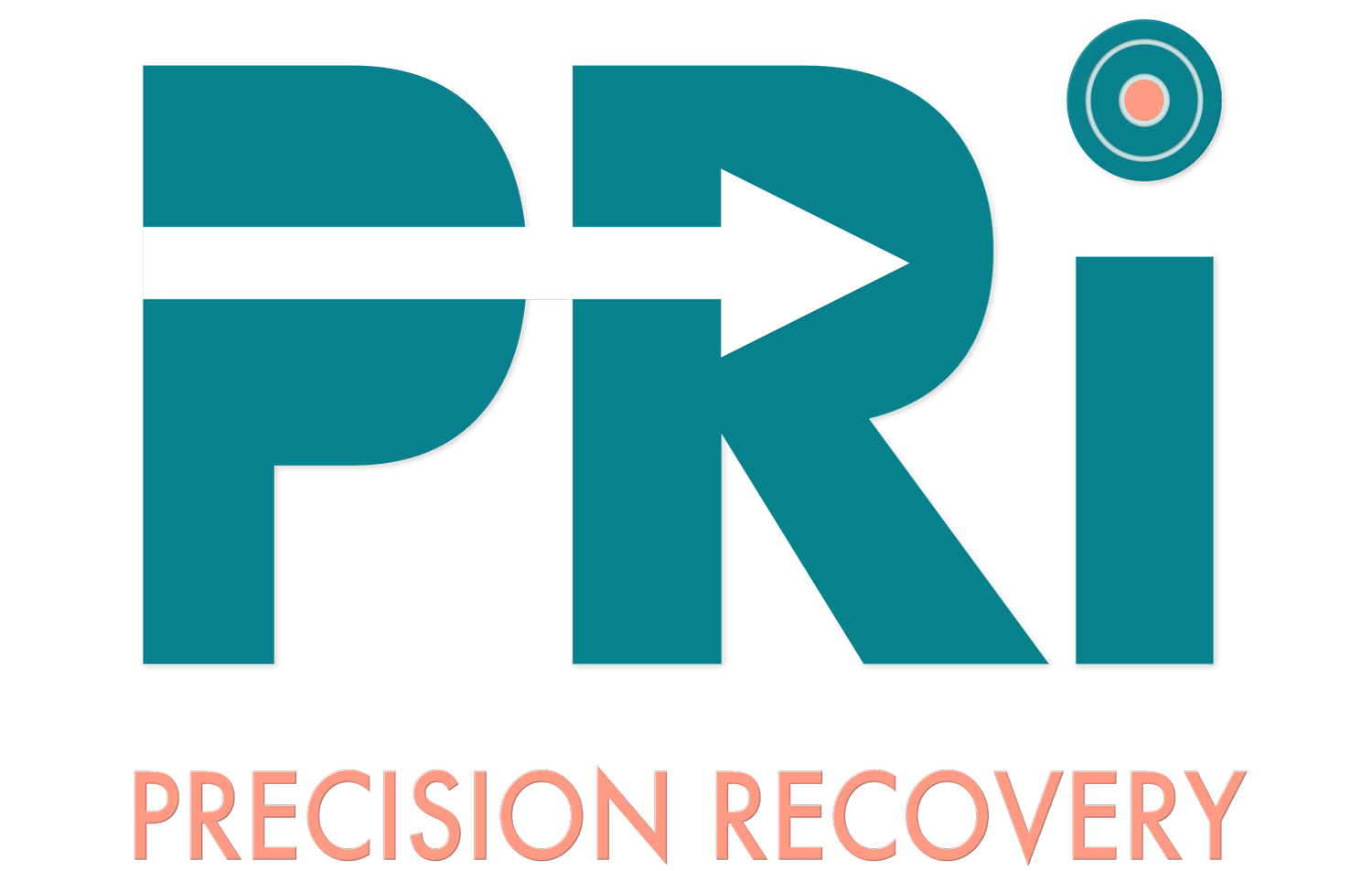The importance of sleep after stroke
Why Sleep Is Important After Having a Stroke: Getting the Rest You Need to Get Better
After having a stroke, getting enough sleep is really important. When you have a stroke, it affects your brain and your body. This can make it hard to sleep well. But sleep is a big part of getting better. Let's learn why sleep matters after a stroke.
What Happens After a Stroke: A stroke happens when the blood going to your brain gets blocked. This can damage your brain and how your body works. It can also make it tough to sleep the way you used to.
Sleep Helps Your Brain Heal: When you sleep, your brain is still working. It helps fix your brain and makes new connections. After a stroke, your brain needs to fix itself. Sleep helps it do that. It's like when you're building with blocks to make something new and cool.
Sleep Helps You Think and Remember: Sleep is also important for thinking and remembering things. After a stroke, you might have trouble thinking clearly. Sleep helps your brain organize your thoughts and remember things better. It's like sorting out your toys or putting your homework in the right folders.
Sleep Helps Your Body Heal: Not only your brain, but sleep also helps your body heal. Your muscles and other parts of your body recover while you sleep. If you're trying to move or do things, sleep gives your body the energy it needs.
Sleep Helps You Feel Better: Sometimes after a stroke, you might feel sad or worried. Sleep can help with that too. When you sleep enough, it can make you feel less upset and more positive. It's like when you listen to your favorite song and it makes you happy.
How to Get Good Sleep: Getting good sleep is important. Here's how you can do it:
Routine is Key: Go to bed and wake up at the same time every day. This helps your body know when it's time to rest.
Make a Cozy Place: Your sleeping spot should be comfy. It should be dark, quiet, and not too hot or too cold. Stay Away from Screens: Don't use phones, tablets, or TVs right before bed. The light from these screens can make it hard to fall asleep.
Be Active: Do light exercises during the day, as told by your doctor. This can help you sleep better at night.
Eat Right: Avoid big meals and drinks like coffee before bedtime. They can make it tough to sleep.
Relaxation Helps: Try things like deep breathing or calming your muscles. It can make falling asleep easier.
Ask for Help: If you're still having trouble sleeping, talk to your doctor. They can help find out why and help you sleep better.
Remember, sleep is like a superhero that helps your brain and body heal. After a stroke, getting enough sleep is a big part of feeling better. So, make sleep a special part of your day and get the rest you need!
